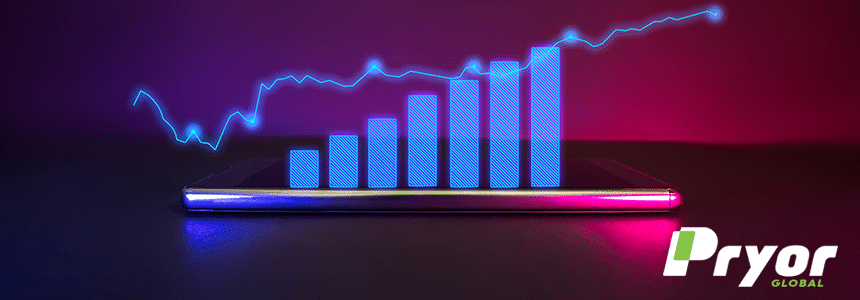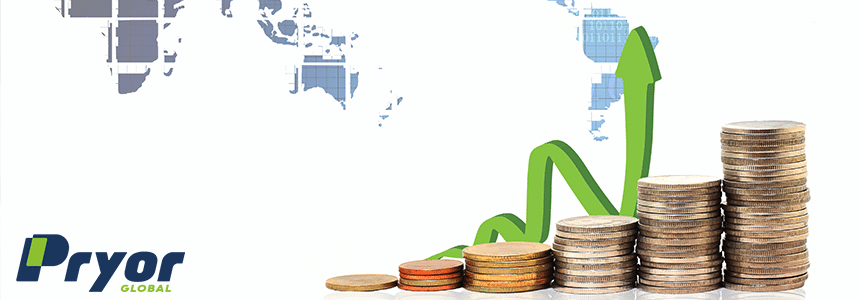In the first half of 2023, Brazil stood out as the country that attracted the most Foreign Direct Investment (IED, in Portuguese), second only to the United States. This result is particularly significant given the current global uncertainty. It is worth noting that, in 2022, Brazil had already occupied fifth place in this ranking, with a total of US$ 86 billion in IED, surpassed only by the USA. This rise in attracting foreign investment highlights the country’s attractiveness on the international scenario.

For foreign investors, however, it is essential to be familiar with some aspects of Brazil, especially those related to legislative complexity, which require an in-depth understanding. In addition, it is necessary to consider the country’s economic, cultural, and social dynamics, which significantly influence investment strategies.
In this context, how does foreign capital enter the country?
According to the Foreign Capital Law, foreign capital includes goods, machinery, equipment, and financial resources intended for the production of goods or services in Brazil, without any initial outlay of foreign currency. These resources belong to individuals or legal entities resident, domiciled, or headquartered abroad.
Foreign capital must be registered through the RDE – IED (Central Bank’s Electronic Declaratory Registry – Foreign Direct Investment) module, which is part of the Central Bank’s Information System – Sisbacen. It is essential to register all foreign investment with the Central Bank of Brazil (BCB). This registration is indispensable for procedures such as remitting profits abroad, repatriating capital, and formalizing the reinvestment of profits.

Investing in currency, on the other hand, does not require preliminary authorization from government authorities. To acquire a stake in a Brazilian company, for example, all you have to do is send your investments through a bank authorized to operate foreign exchange. However, the closing of the exchange depends on registration in the RDE – IED System, which requires a valid number for the foreign investor and the receiving company.
The investment must be registered by the Brazilian beneficiary company and/or the foreign investor’s representative in the RDE – IED System, within 30 days of closing the exchange contract.
Regardless of the channel chosen, it is important to observe the regulations and standards set by the Brazilian government, such as registration with the Central Bank and compliance with tax obligations. In many cases, it is advisable to seek advice from specialized professionals to ensure compliance with the law and maximize investment opportunities.
At Pryor Global, we support the internationalization of companies in the Brazilian market, providing strategic guidance to boost the expansion of any enterprise. Our services cover the representation of legal entities and their legal representatives in all instances, ensuring comprehensive and specialized support to facilitate entry and consolidation in the Brazilian business environment.
Get in touch and find out how we can help you!







Pryor Pryor Global se preocupa com o uso de seus dados pessoais. Solicitamos apenas os dados necessários para podermos retornar seu contato. Estes dados serão devidamente protegidos. Para mais informações, consulte nossa Privacy Policy".